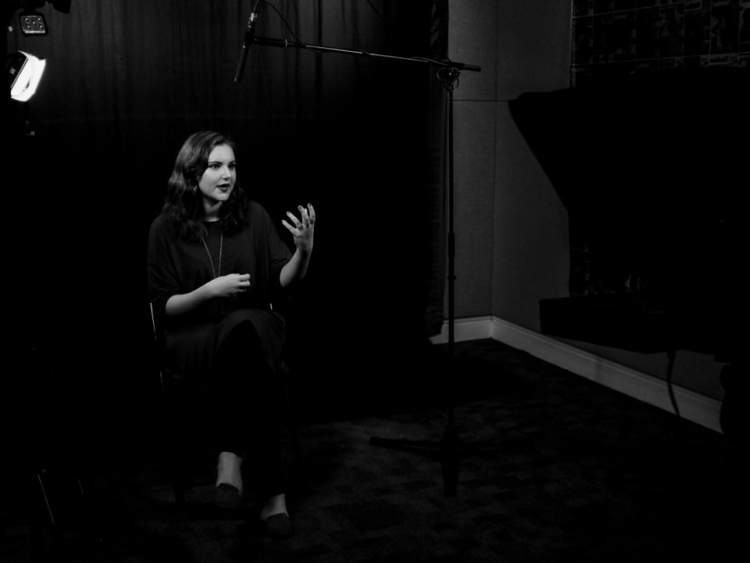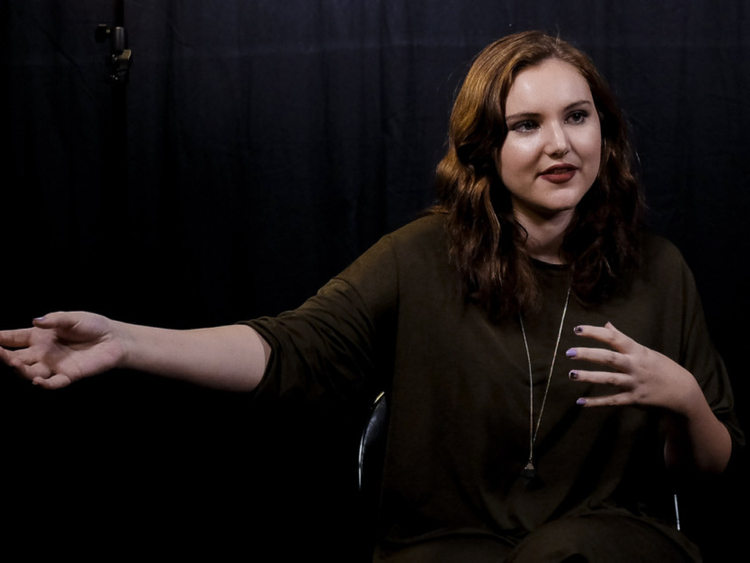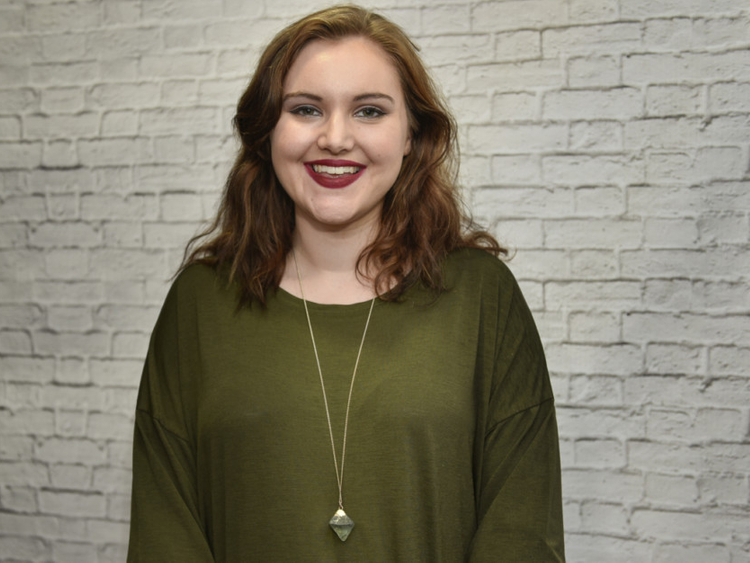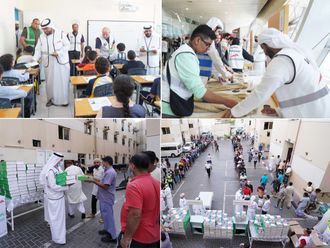Dubai: Literary recognitions don’t usually come your way when you are barely out of university, but there are always exceptions and Rebekah Heaney is one of them.
What she has achieved at the age of 23, not many would even dream of — winning a prize for fiction, leaving behind much older competitors.
The Dubai-based British expat’s yet to be completed novel, ‘What We Learnt at Number 9’, was recognised last week as this year’s top entry for the Montegrappa Prize for fiction at the 9th Emirates Airline Festival of Literature.
Though she knows the recognition may not necessarily lead to a book deal, it has certainly given her a belief, which she says is what an aspiring young writer needs.
“When you are sitting in your room writing something, it seems quite unbelievable to imagine that it’s going to go anywhere. It seems like an unattainable goal, but now that I am here, I suddenly realise that it’s certainly not unimaginable,” said Heaney, speaking about the hope the Montegrappa Prize has given her.
Heaney, who works as a web editor at Gulf News, wants other aspiring writers to take heart from her experience.
“There is no doubt it is tough, there is a lot of talent out there, but you will never know if you don’t give it a try. One should always have faith and if you are talented and you work hard enough, something will come out of it,” said Heaney, who is an English literature graduate.
Despite having a literature background and working as a journalist, Heaney had never considered literary writing as a definite career path, which she now hopes to pursue.
“I have always been writing the little things here and there but in terms of thinking of it as a real career, I don’t think I had really entertained it. It never occurred to me as a definite career path, certainly not so soon, but may be in the distant future,” said Heaney, who entered a literary competition for the first time and got lucky.
Heaney says she decided to nominate her work after one of her friends, Charlotte Butterfield, won in the previous competition.
“Last summer I decided I wanted to enter the competition. One of my friends did very well in the competition last year so I got inspired by her. I didn’t tell her I was entering the competition and I kind of used her success as an inspiration. I saw that someone I know has done it and I realised it’s not an impossible mountain to climb so I thought I will just give it a go and I can’t believe I have won it,” said Heaney.
Butterfield’s Montegrappa winning entry ‘Me, You and Tiramisu’ hit the stores last month, published by Harper Impulse.
Though Heaney decided to enter the competition last summer, she had not submitted her work right until the last day.
“The submission deadline was January this year and by Christmas I hadn’t done anything and even a week before the deadline I hadn’t completed the synopsis and the 2,000 words they required to enter the competition. I literally submitted it an hour before the deadline ended,” said Heaney.
So, what is the book about?
Set in the English countryside, the book revolves around an old woman who realises that she is dying and posts an advertisement in local newspapers inviting people to share their secrets with her, which she promises to take to her grave.
Growing up in small villages in the English countryside, she says, she had a great opportunity to see the inner workings of those and the politics around it, which she drew from.
“This actually started as a short story idea when I was working at a boarding school in Surrey. I had sort of typed a few things out and when I heard about the competition I decided to expand it into a novel idea,” says Heaney.
And how did she get this idea?
“I don’t really know where the idea of the woman dying and getting people to tell her their secrets came from. I was thinking about the phrase ‘taking something to your grave’, honestly, I don’t know how I got that phrase, it was like a lightning bolt. Then I had this thought of doing a literal interpretation of the phrase,” she said.
Aspiring writers often complain about lack of time to juggle between full-time jobs and pursuit of their passions, but Heaney says she finds time in the most unlikely of all settings.
“I have about 40 minutes on the metro in the morning on my way to work, where I always get a seat and I use this time to write. Even if I can’t concentrate enough to write any prose I can scratch out ideas that can help me later on to connect together,” she said.
Though she has only written a first couple of chapters of the book, she is confident that she has the plot firmly formulated in her mind, and she will soon start working on the rest of her book.
“It has been a week since I won the prize and since then for the first time I have written at least something almost every day,” said Heaney who has just finished an extended synopsis of her book, just to make sure that she knows exactly which direction she is going, before she heads to London to discuss possible book deals.
And just in case the publishers are looking for more ideas, she says she already has some floating in her creative head.














